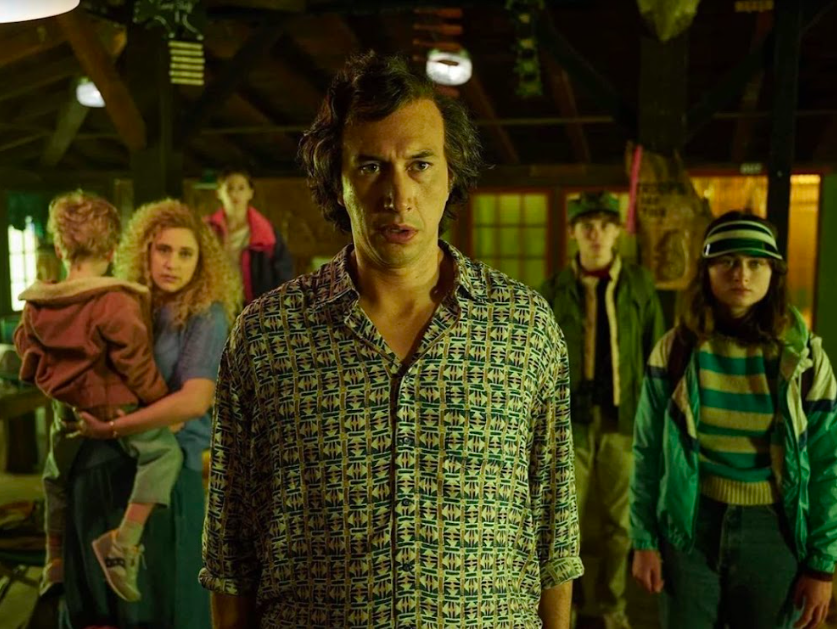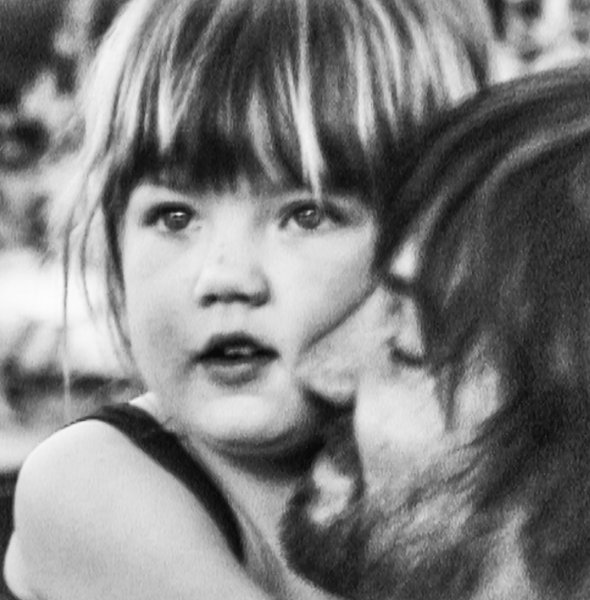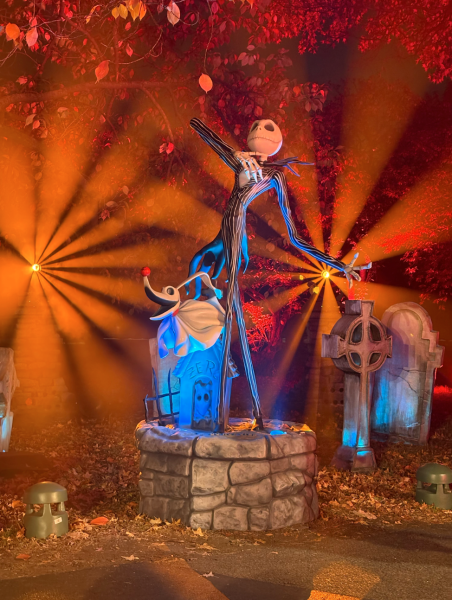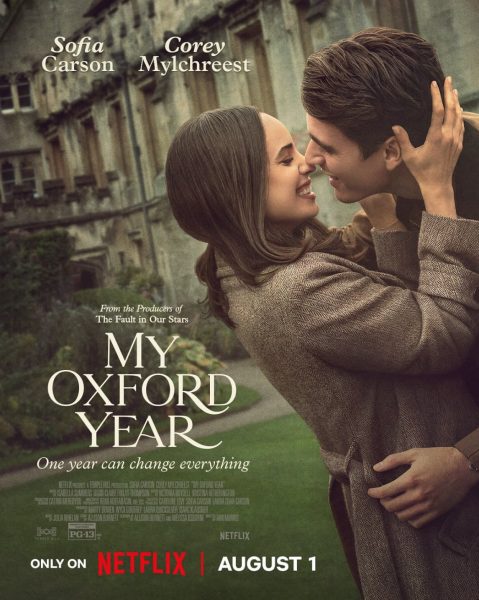A More Than Disappointing Adaptation: Noah Baumbach’s “White Noise”
Noah Baumbach’s leap from close-to-home family dramas doesn’t quite pay off in his “White Noise” adaptation. (Courtesy of Instagram)
“White Noise,” the latest venture from indie film darling Noah Baumbach, is perhaps better characterized as a bold experiment gone wrong than a potential cult classic. The elements that could potentially make for a great film are all there — revered source material, a stellar cast, a high budget — but “White Noise” unfortunately crumbles under the weight of its own ambition.
It’s a film with something to say, but that message is buried deep under plodding dialogue and a hazy plot structure. It clearly aspires to reach the postmodernist heights of the literature that birthed it, yet it instead comes off like a patronizing know-it-all lecturing you on the themes of a different, far better picture for the totality of its runtime. Adapted from the “unfilmable” 1985 novel of the same name by Don DeLillo, the film follows college professor Jack Gladney (Adam Driver), his wife Babette (Greta Gerwig), who begins exhibiting strange behavior, and their children, as Jack contends with his own mortality in the wake of an “Airborne Toxic Event” resulting from a nearby chemical spill.
Based on the premise alone, this film is somewhat of a departure for Baumbach, who typically focuses on fairly realistic stories about the domestic and social lives of their characters, and here he handles the absurdity of the plot with a sense of spectacle lifted straight from an 80s monster movie. Lined up along the interstate, the Gladneys and the other evacuees look up at the approaching cloud of toxic chemicals in awe, unable to take their eyes off the very thing that threatens them. Another fantastic sequence even imitates the style and tone typically found in horror movies, and the film frequently jumps around between genres, from thriller to comedy to an MTV-style music video. Yet these transitions aren’t particularly smooth, and the tone tangles itself up like an old pair of earbuds. Are we supposed to laugh? Cry? Should we sympathize with the characters or simply remain detached observers? Even the film’s feelings towards itself are unclear. Really, the only emotion I could muster up during my experience watching the film was boredom, thanks to the absolutely wretched screenplay.
The dialogue aims to imitate literary prose, but instead comes off as emotionally void and even condescending. Perhaps this stylistic choice is fitting for Jack, since he is an academic by profession, but even the children speak like they’re teaching a graduate level course on how to not write a movie. An earlier Baumbach film, “The Squid and the Whale,” had a similar approach to its dialogue, but in that film the writing worked to create an almost hilariously deadpan tone that counteracted and accentuated the weighty, emotional subject matter. That kind of humanism is simply absent in “White Noise,” and as such the film really wears its runtime on its sleeve. It seems interminable, and I found myself checking the time far too often throughout. In spite of its initial promise, “White Noise” is an unfortunately dreadful movie that seems better suited for the page than the screen.











































































































































































































